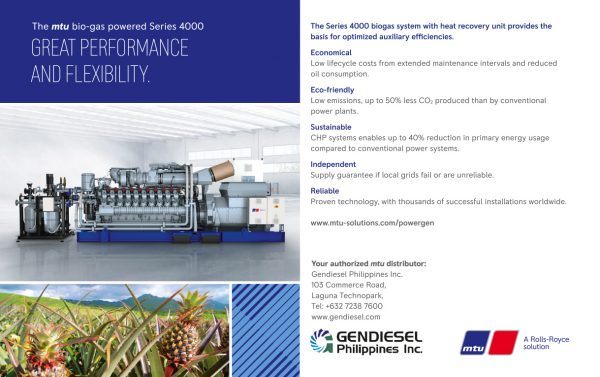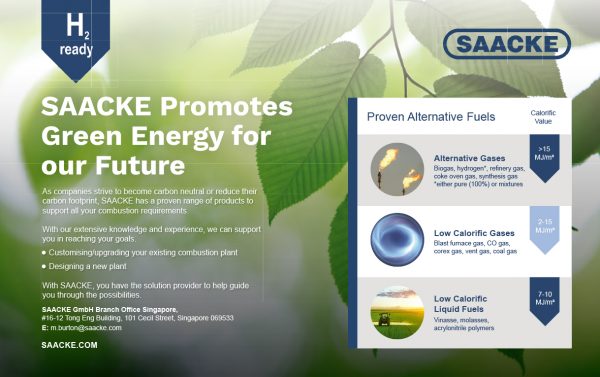There’s a wisdom that comes with maturity and experience, says METPower CEO Karim Garcia. “As a younger manager, I had huge dreams and aspirations with so much hubris. Today, as a senior executive and CEO, while my drive remains, through the passage of time, my hubris has evolved to discernment and humility.”
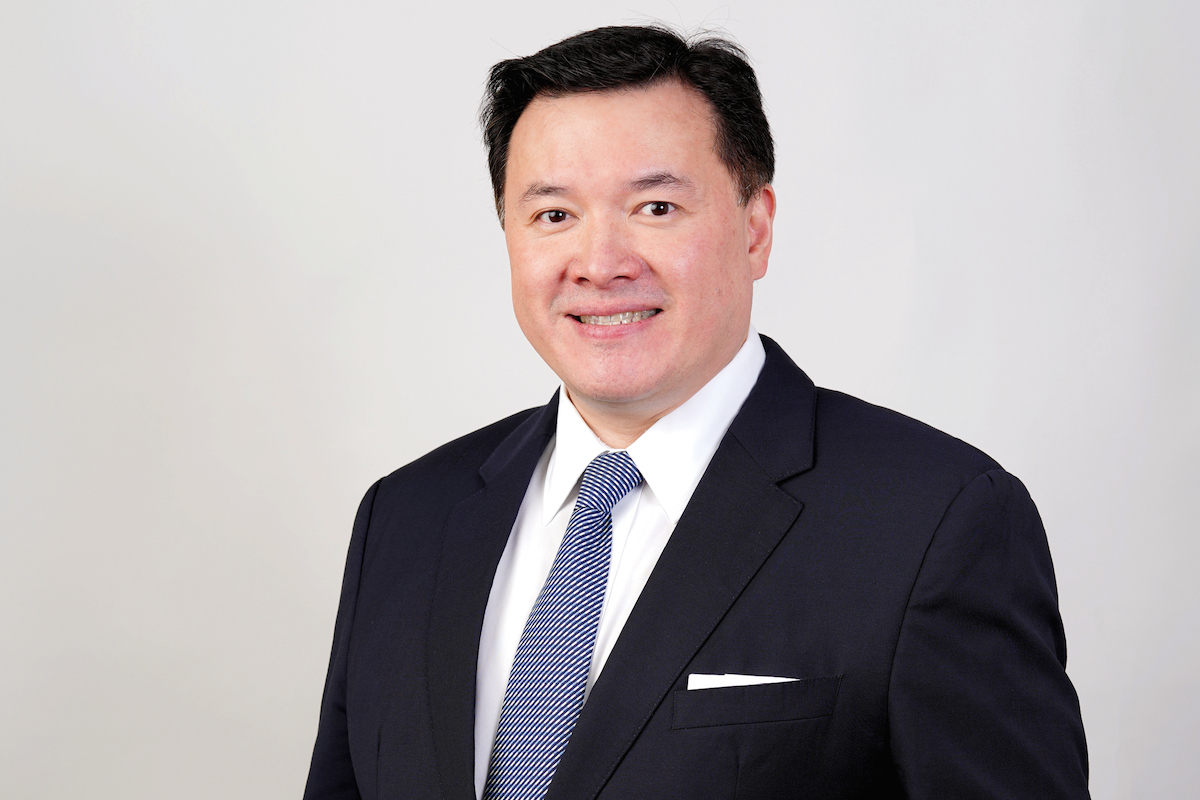
These days, that drive is focused on METPower pioneering the production of game-changing biogas from pineapple waste. Karim studied and worked in both the US and Canada for more than a decade, but in 2010 made the decision to return home to the Philippines.
He joined Phinma Energy before being offered the position of Vice President at parent company Metro Pacific Investment Corporation (MPIC), where he sought opportunities to elevate the Philippines through key investments.
“The beauty of MPIC is that our strategy comes from our Chairman, Manuel V Pangilinan, who is a perennial and steadfast entrepreneur, always pushing the bounds of the company to adapt and evolve,” Karim explains.
“With the guidance of our Chairman, our DNA within MPIC has always been concentrating on nation-building, constantly asking ourselves how we may solve the nation’s problems and make the Philippines a better place in which to live.”
One of the problems facing the Philippines as it progresses is a growing organic waste stream. According to 2013 figures from USAid, more than 300,000 tonnes of organic waste was being generated each day by the country’s agriculture sector.
“Unfortunately, much of this organic waste ends up in our streams, rivers or landfill, which further contaminates the water table and pollutes the environment,” Karim explains. Working closely with leading authorities on biogas, Ditmar Gorges and Manuel Lipp, the now-CEO of biogas plant manufacturer Lipp, Karim came up with a business plan to develop biogas plants in the Philippines.
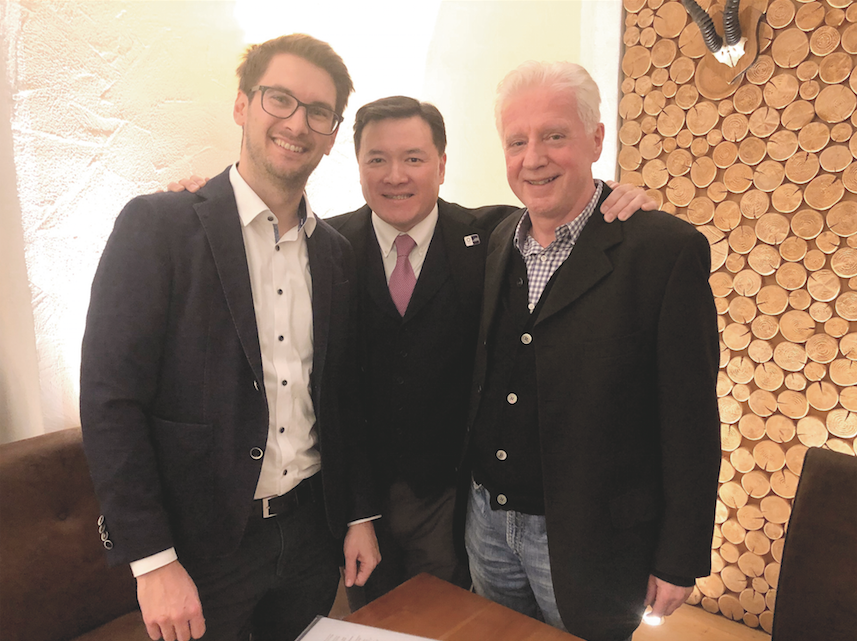
“Our CEO, Joey Lim, quickly recognised how biogas plants could solve serious organic waste problems while delivering clean, reliable, renewable energy. So in 2017, METPower was born,” he recalls.. The company’s business model is a simple one, with METPower using the most reliable and robust equipment available.
“Whether it is Lipp’s biogas tanks that are built to last for 50 years, or military grade Rolls-Royce MTU engines that generate power, we know our biogas plants will be able to offer our customers dependable, baseload energy for many years to come,” Karim says.
“We use the balance sheet strength of parent company MPIC to offer a Build Operate Transfer (BOT) model to our customers. The BOT model won’t burden our customers’ balance sheet with capex but instead, reserves precious capital for their core business.
“Once built, we operate the plant, eliminating large amounts of organic waste responsibly, while delivering reliable, secure, and often embedded energy in the form of biogas or electricity to our customers. It’s a win for our valued customers, a win for METPower and most importantly, it’s a win for the environment.”
Taking the reins of the new entity, Karim swiftly got to work. In 2018, the company signed a deal with canned fruit giant Dole Philippines to develop, build and operate two biogas plants embedded within its cannery facilities in Surallah and Polomolok in South Cotabato.
Through these plants, the company will process Dole’s fruit waste into biogas to be used by Dole as a diesel replacement for its boilers, and power for its cannery operations. “This provides Dole with a clean source of energy and a reliable embedded source of base load energy, ensuring the sustainability of its operations,” he explains.
The biogas produced will eliminate 240,000 tonnes of CO2 annually – the same amount produced by 59,000 tonnes of imported coal per year – creating a bonus by-product of a nutrient-rich biofertiliser that Dole can use in its agricultural activities.
Its environmental significance has not gone unnoticed by the international community with the Japanese government, through its Joint Credit Mechanism program, purchasing 50% of the carbon credits the plant will produce. Construction of the Dole plant was more than half complete when the pandemic forced the Philippines into lockdown.
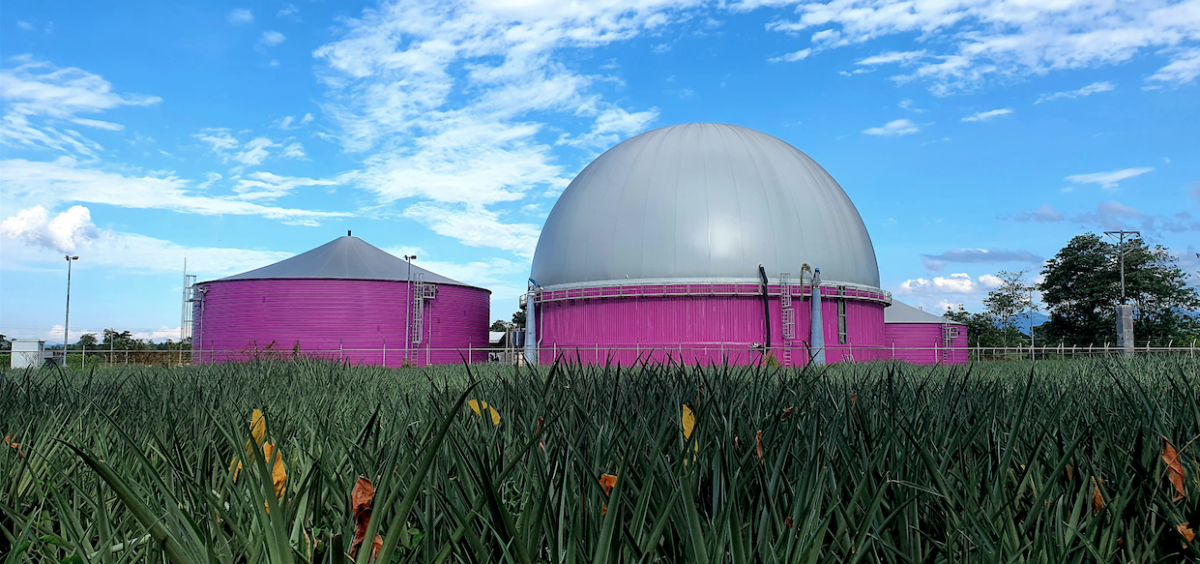
“As a manager, this was one of the most harrowing times I’ve ever experienced,” Karim admits. “There was a deluge of risks and problems that needed to be dealt with all at the same time.” First, the company shut down the construction of its Dole sites to ensure the safety of its staff, which Karim insists was its “top priority”.
Although construction was able to resume with the right protocols in place, the company still faced difficulties in bringing in foreign expert engineers to help complete the project, causing delays and increasing its costs. Then tragedy struck the tight-knit METPower family with the devastating loss of one of its own.
“Our biggest challenge came with the tragic passing of our Senior Engineer and Project Manager who died from COVID,” Karim shares. But this awful turn of events seemed to only increase the resolve to complete the company’s ongoing projects in order to start benefiting the environment, as well as pave the way for further growth.
“I believe my greatest achievement is starting this company from nothing but a concept and turning that concept into a reality,” Karim reflects. “I’m most proud of making METPower into a substantial force for good in the community.”
Today, the company is embarking on an aggressive push to become one of the Philippines’ most successful waste management companies, specialising in organic waste and developing a minimum of two biogas plants a year.
It’s expanding its downstream business into CO2 capture, and by 2022 will become the first dedicated food-grade CO2 producer in Mindanao, boosting economic activity on the island. Further expansion will come in the form of renewable LPG, biofertiliser and compressed natural gas (bio-CNG) for transportation.
“Seeing through these projects is certainly paying off in scaling up METPower’s business,” Karim says. “This advances the circular economy and environmental sustainability of the Philippines which is a huge achievement. I’m very proud.”
Proudly supported by:
